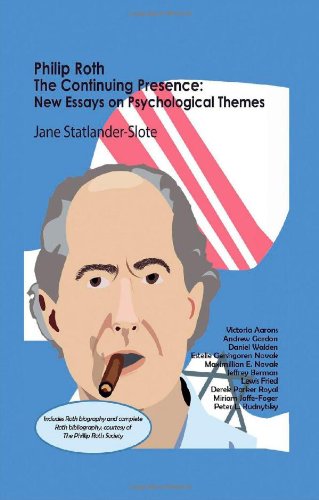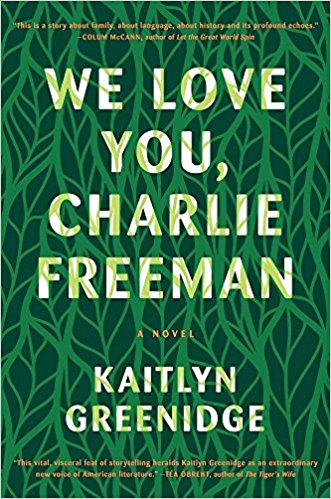Philip Roth – The Continuing Presence: New Essays on Psychological Themes
A brilliantly-written study on Philip Roth, one of the greatest writers to come out of the Jewish-American movement in literature, Statlander-Slote digs deep into the core of his opus, and we hit a pulsating nerve. In this series of essays, there is a timely disposition hinting to the relevancy of psychology and the arts in contemporary culture; providentially though, this book sets off a lively and multi-layered conversation between psychoanalytical theory, literary criticism, actuality, and fictional narrative, including all the fine trimmings of an editor to find the frequent line of communication amid them all. She fills in the gaps of interpretation about Philip Roth, the long, slammed man and the especially celebrated author, but more so, the dissected patient in his dense renderings about the world as he believed it true to his ambivalent experiences. The compiled prose focuses on select pieces from Roth, thereby creating a frame-story quality of reading about the speaker or narrator most assumed to be the writer himself, as well as the “fully rounded characters” and “comic caricatures” pertaining to voices about Jewish “issues of identity, anxiety, emotional displacement due to the Holocaust and…history; homelessness, estrangement, transformation” with surrounding flash appearances by doctors that parallel closely to the attributed father of psychoanalysis, Freud (5).
Hence, the first essay duly titled “The Resistant Patient in Philip Roth’s Novel ‘My Life as a Man’” notes “The effect of these stories within stories…as a hall of mirrors” device, which makes the revelation of each mirror image of the conflicted self or selves in Roth’s short stories and novels as an entirely unsettling but equally meaningful portrait of the human condition (12). This essay and much like the rest of the contents in THE CONTINUING PRESENCE sparks up an old excitement of classic Philip Roth as in the aforementioned “My Life as a Man,” that “seek[s] to extract some meaning from the chaos” contained by the cause of fictional novelist, Tarnopol (12); “Portnoy’s Complaint” drawing again a continual “hope for Portnoy someday to be cured of his complaint” (13), Another fellow essay discusses the likeness between Roth and acclaimed author Saul Bellow, as they share a special kinship in a profound pool of Jewish fiction, “Roth was trying to move beyond…toward understanding, toward what Bellow called ‘some comprehensible pattern’ (22). As a result, many more time-honored works are mentioned in the subsequent essays like “Indignation” and “Nemesis,” which reiterates Roth’s preoccupations with changing behaviors of divergent characters “that provides a world in which to act out the struggle of the self” and the performance of such in the narrative structure. This rings true to Freud’s workings about the self “as a struggle between instinct and culture” (28).
The heavy laden psychological linkages are what make for an awe-inspiring read; in so doing, Jane Statlander-Slote shrewdly designates “Roth [as] the most informed and articulate about psychoanalytical theory, its methodology and practice (2). Readers eagerly join these tactful forces inside the Roth tradition of investigation, in this manner evoking the primordial examining room along with all of its compelling thinkers for every part of human nature and conduct.
| Author | |
|---|---|
| Star Count | 5/5 |
| Format | Hard |
| Page Count | 208 pages |
| Publisher | NorthEast Books & Publishing, LLC |
| Publish Date | 01-Feb-2014 |
| ISBN | 9780982992456 |
| Bookshop.org | Buy this Book |
| Issue | June 2014 |
| Category | Modern Literature |
| Share |







Reviews
There are no reviews yet.